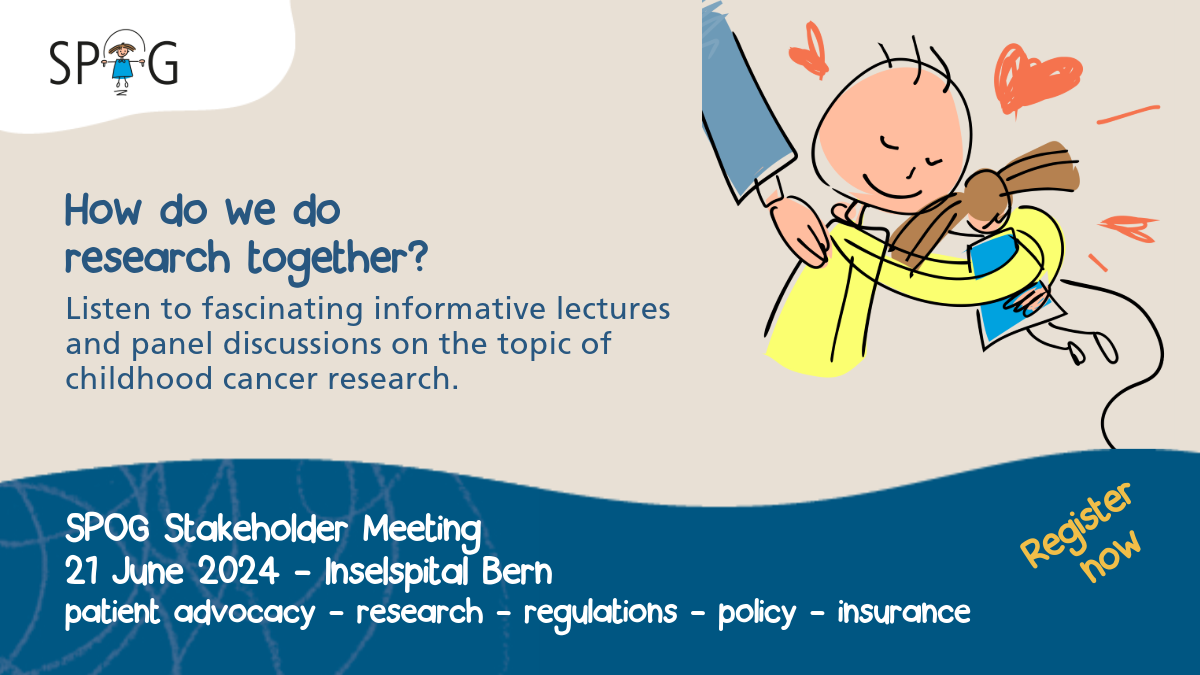High-risk medulloblastoma (HR-MB) is a malignant brain tumour that forms at the back of the brain and below the brain in a structure known as the posterior fossa. Around 4 children and adolescents develop HR-MB in Switzerland every year. Approximately 850 children and adults with HR-MB will take part in this trial, roughly 32 of them in Switzerland.
Some 40% of patients with HR-MB experience a relapse of their condition within 5 years, and patients who are cured struggle with potentially severe long-term side effects.
The trial was developed to improve outcomes for patients diagnosed with high-risk medulloblastoma (HR-MB), while at the same time minimising the short-term and long-term side effects of treatment, particularly those which can have a detrimental impact on the quality of life.
In this trial we want to find out which type of treatment is best for children with HR-MB by comparing different treatment options. We want to improve outcomes without increasing the severity of the long-term side effects of treatment. We will do this by looking at how well children respond to different treatments and by assessing their health and quality of life, which includes testing their intellectual functioning.
We cannot predict whether participation in this trial will also offer the children a direct benefit in terms of their treatment outcome. At any rate, the results of the trial may be significant for the treatment of future patients with HR-MB.
The University of Birmingham in the UK is responsible for the international implementation of the trial (sponsor). The Swiss Paediatric Oncology Group (SPOG) is responsible for performing the trial in Switzerland (sponsor’s representative).
In short
- High-risk medulloblastoma (HR-MB) is a malignant brain tumour that forms at the back of the brain and below the brain in a structure known as the posterior fossa. This study is investigating what type of treatment is best for children with HR-MB by comparing different treatment options.
- Around 40% of patients with HR-MB experience a relapse within 5 years, and some of those who are considered to be cured struggle with severe long-term side effects. The study is designed to improve the treatment outcomes and minimise side effects, particularly those that can have a detrimental impact on the quality of life.
- Although we cannot predict whether participation in the study will benefit the affected children directly, the results may improve the future treatment of HR-MB.




